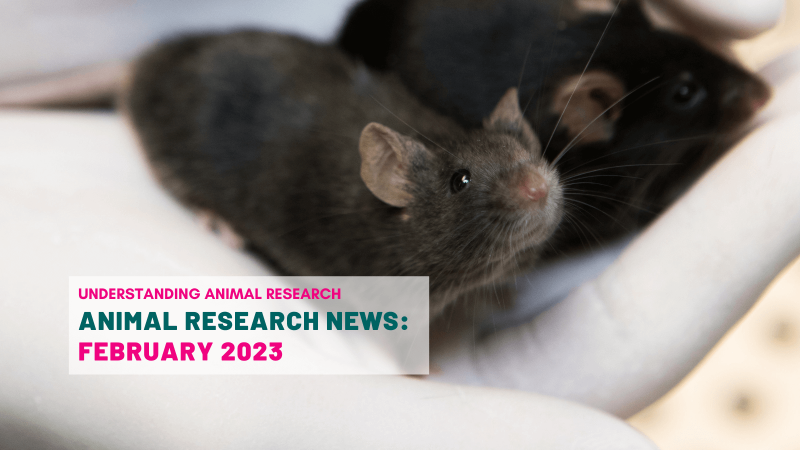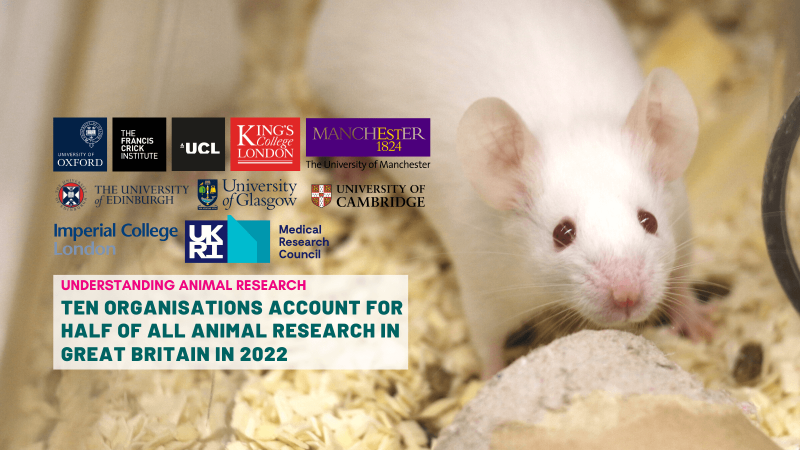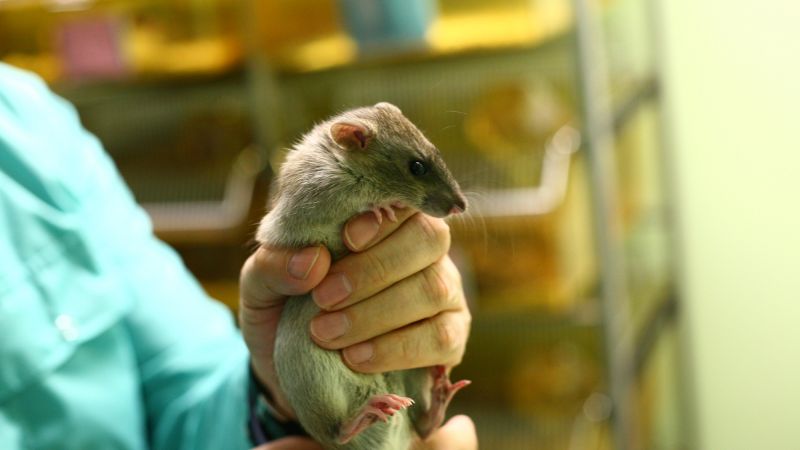Text to go here...
It's been a double bill of engaging content on animal research from The Times and Sunday Times over the past week.
Most recently the Sunday Times cover piece last weekend took an in depth look at what goes on in animal labs in the UK, and the issues behind the research. We helped writer Richard Girling to gain access to two primate facilities where he came face to face with his own moral dilemmas regarding animal research. He also writes about his meeting with a Parkinson's disease sufferer who has been treated with a deep brain stimulation device.
Girling took the idea that these research facilities are 'hellholes' and their staff 'monsters' and turned it on its head, later noting:
'You may not desire it, you might even be moved to campaign against it, but it is too simplistic - indeed it is nonsense - to describe such a place [Huntingdon Life Sciences] as a 'hellhole', or its people as 'monsters'.
The article covers a range of issues - too many to include in this blog - and is well worth a read. You can find the online version here.
Girling's final comment on the need for more openness about this research, that "secrecy is the enemy of trust, and mistrust the enemy of progress," echoes our own thoughts and our work to increase openness about research. If you are a scientist and want to know more about how to be open about your animal research, do get in touch.
As if that wasn't enough, Hannah Devlin chaired an online debate on The Times' science pages ‘Eureka Zone' where she asked the question: Are we doing enough to reduce animal experiments?
Hannah was joined live online by Vicky Robinson, chief executive of NC3Rs, and Dr Sebastian Farnaud, science director of the Dr Hadwen Trust for Humane Research. Whilst the NC3Rs works towards replacing, refining and reducing the use of animals in research and testing, and funds research to that end, the Dr Hadwen Trust is a charity that funds exclusively non-animal medical research.
Members of the public were also invited to submit comments and questions during the debate, so of course here at Understanding Animal Research we were keen to join in and set the record straight on a couple of the more spurious points that cropped up.
You can still view the online debate now on Eurekazone, and if you got your hands on the print version of the magazine, the debate is written up in there too.
Last edited: 11 January 2022 09:21



